The post many of you have been waiting for… Theo’s thoughts, sacrifices and life experience of his daily ‘caring’. I should add that Theo and I have been together almost 20 years, seven of those consumed with Pudendal Neuralgia (PN).
What does PN mean to you?
To me PN is a yet to be accepted condition that sufferers are unable to express and be understood for. I do not claim that I understand it/the symptoms but I believe that it is real. I see my wife live with it every day (and night).
How has PN changed your life?
More so it has changed our (Soula’s and mine) lives. Personally however, I feel I have the lucky end of the stick for I am still able-bodied and there to help my wife. Our ‘arguments’ always revolved around who could do more for the other. I guess I have come up on top in that respect, however, having to see Soula in pain takes a lot out of me. Learning to adjust with things like, walking slower, no sudden tickling, no jumping playfully into bed or sitting through a long dinner has taken time. You adjust. It’s the look in Soula’s eyes though that can see me having to adjust that saddens me most. I can’t help but feel that she feels responsible for me having to change my life. I always say to her, “What would you have done…?”
You don’t like yourself being referred to as Soula’s ‘carer’, please explain why.
I care for Soula however, I never consider myself her carer. A carer to me is someone somewhat detached. Soula is my wife, my life! If she were to catch a cold and needed a few days off her feet whilst I made her soup and tea, I would take that as caring for her but not as being her carer. I think this may be a language issue but I wanted to clarify.
What is the most frustrating issue for you?
Seeing Soula have to slow down as she was never the kind of person to be still. The WorkCover paperwork and appointments are quite stressful and a complete waste of time, it would be great for that issue to be resolved. It’s an added strain we both don’t need and it definitely adds to Soula’s pain.
Your outlook and plans for life have obviously been affected, how has that changed the way you plan your future?
Exactly that. We just have to plan more. The spontaneity has gone. We can’t just up and go as Soula’s pain is affected by everything that we do or plan. Spontaneity is something we both miss.
What do you believe serves PN recovery more; Brain plasticity or appropriate treatment?
Early diagnosis first which halts the mind getting into a sense of being in pain. It’s much harder to undo something that has had time to incubate itself in your mind. Of course, there are also the amazing practitioners and specialists that offer an immense support towards the healing process.
Getting back to the ‘Soula and Theo’ way of life was obviously one of the biggest goals for you both as is for most people, what was your role in getting you both back to it?
Understanding is the hardest thing. But once you believe it, it is a little easier to work with. Making sure that Soula excerpts as little physical energy as possible is key. If Soula can simply focus on menial tasks and her low bearing exercise routine and I manage the rest of the lifting, moving and all driving, we can get to live some of our life the way it was prior to the injury.
Give us a description of a typical day in your life, (please go in to the finer details!).
Well we’re trying to run our business again and live a ‘normal as possible’ life. I’m in the car a lot of the day, attending to all the physical duties, I do most of the house chores too. Stating the tasks I help with, such as making coffee, moving things around for Soula, helping in the studio, driving to appointments, day-to-day lifting, etc would seem petty for me, I used to do most of those things anyway, it’s not new. Perhaps there are a few extra things… if I can help and make a difference so that we reap pain-free time together, it’s worth it.
We prioritise our life. We put ourselves first. This may sound selfish, however, if we were to push through every event, dinner and function we are invited to, that would mean that ‘our’ time would be compromised. Compromise ‘our’ time and we compromise our relationship.
What would your advice be for other friends and family who have a beloved with PN?
Try to understand that the person living with PN has anywhere between 20-60% less capacity than you. If that person sits in a cafe for breakfast, its more than likely that they will need to rest before that outing and having a normal dinner. If dinner is long one night, the next day may be completely out. Understand that the person with PN needs to be selective in what they do and don’t judge them, for they would love to do more but can’t.
I’m a pretty luck gal hey? But in all seriousness, coping with PN requires incredible help, in fact 24/7 help if you’re going to make any progress and have any quality of life. Thanks Theo x
Subscribe to pudendalnerve.com.au
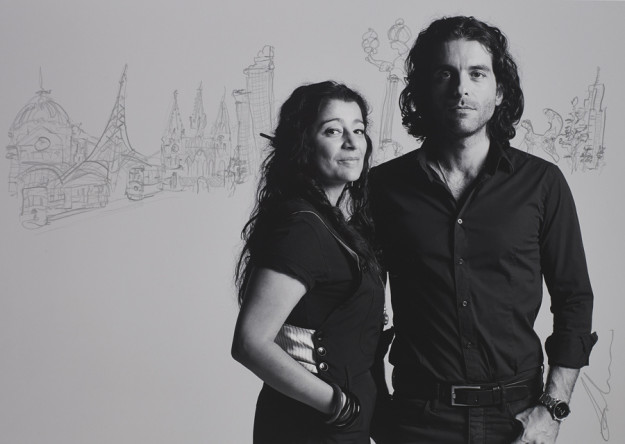



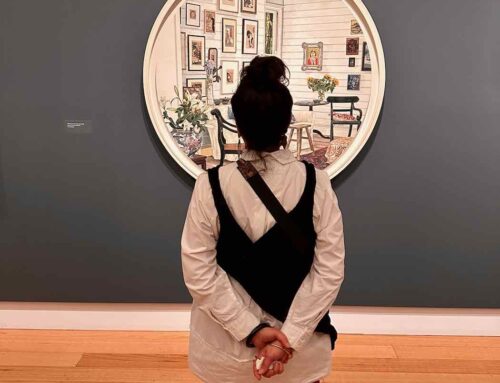
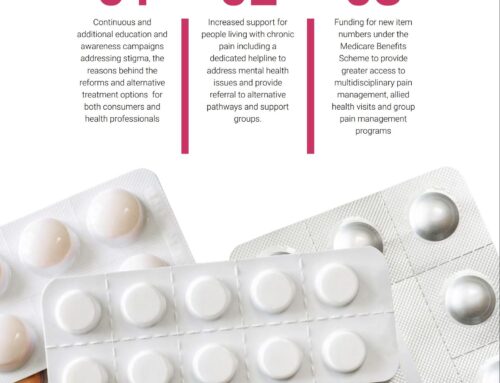
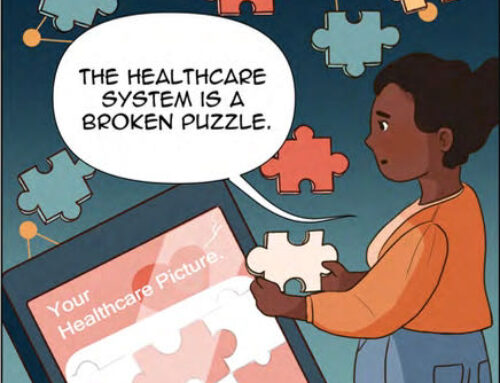

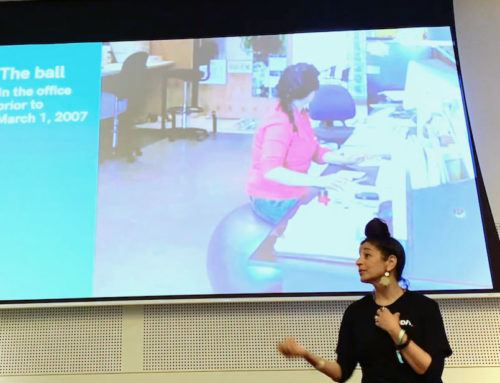
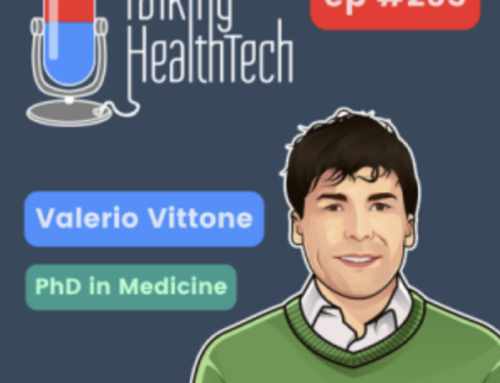
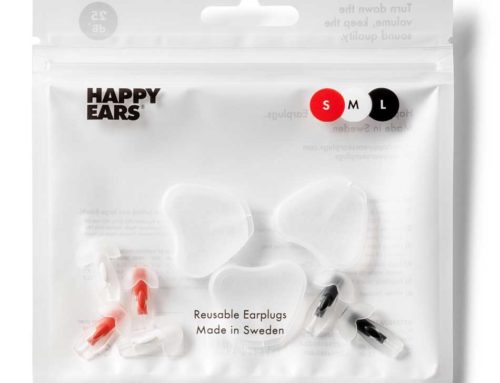
Sweet Stavroula, forgive my delayed response. What a beautiful message, heart breaking and also filled with hope. What a gorgeous idea to sing together. Your Delphi sounds divine. You give me hope, yes, Theo and I are gaining many blissful elements for life and we will survive as difficult as it is to live with chronic pain.
I also send you love, and wish you that the shared love you experience lasts forever (I know it will!) and also pain free days and much laughter too. So sweet of you to take the time to write such a beautiful message, thank you for giving me strength. xx
Hi Soula and Theo,
I was recently directed to your website by my pain specialist health professional.
Glad to have found you!
I too am someone with severe chronic pain and an artist, and Greek, amongst other things
Just wanted to say that I totally understand your love for each other and the consequences of PN on your relationship.
I have over 30 years of Degenerative Disc Disease. .Met my partner in early undiagnosed stages. Have had 2 spinal reconstructions over 27 years and lots of minor in between and 3 years ago I was hit by a car which crushed my lower leg resulting in Complex regional pain syndrome which sounds very similar to PN. This injury was a workplace injury so I have been fighting my own way through Workcover and agree with your “rants” and insights about the detrimental effects of this system on workers.
My partner and I had periods over the last 27 years years of wondering how to survive all this. How to be reasonable partners in life. I wondered is it worth it for him, what can i give back. He felt sadness that I don’t know the world without pain.His own faith in the world was tested with this last injury.
We had a very unexpected miracle preagnancy 5 years after we started our relationship which resulted in our beautiful daughter Delphi. That has been a huge challenge to me.At times I thought she would have done better without me.
Art has helped me to externalise and illustrate both the pain and the hope when I feel it. In fact the strings theme was quite strong in my drawings early on in my 30’s. I am now 57 yrs old.
After the last injury I started something new. I get my partner and daughter to lie in bed with me and all hold hands and I sing to them whilst I am in pain. {‘ve always liked to sing around the house and it has at times driven them nuts! They thought at first it was silly and we laughed a lot about how the pain had finally made me totally crazy. Now they initiate it. I’m glad they value this little guesture of bonding.. Its only for a short while but it is a window of time where we conquer pain and the all pervading consequences its had on each member our family. I wish life had been different. I would have been a different mother, a different partner. But I have gained something Soula. I can see that you and Theo are also gaining this. I learnt about never taking the other for granted, about digging deep into your own capabilities and controlling your mind to overcome that awful feeling each morning..”.How am I going to get through thisand be all I want to be, in pain”. I learnt that my friends and acquaintances look to me when times get tough for them and take courage in their own human capacity to deal with emotional or physical pain. We do become reference points for others. So lets keep being the best we can. I have subscribed to your page.
I wish you love and some pain free moments of laughter together. This note is a bit longer than i had planned, sorry.. But it does say what I wanted to say to you.
kind regards
Stavroula
Thanks so much Soula! Thank you also for the tips!
Steve you’re so gorgeous for taking the time to write. Do whatever you can to rid the pain, don’t push through there’s definitely no benefit! You know PN is common in cyclists, perhaps try yourpaceyoga.com’s video for specific poses.
I’m incredibly lucky to have Theo. Would be lovely to see you guys again soon but travel is difficult. Lots of love to you, Evangelia, the children and your parents. x
Theo – you’re a good dude for sticking by your wife and making every attempt to understand her. I like your comment about her being your wife and you being more than a “carer.”
Soula-I know I don’t truly understand PN and your condition, but I’ve had minor back pain for several months since taking my bicycle to work once a week. I’ve had to stand up and then kneel and then stretch at my desk, and then do all kinds of abdominal exercises and of course the foam roller. When I see your posts on FB I remember to pray for you and your complete healing. Hope you both come to LA soon!
Hi Lindsay, that’s a gorgeous comment. We are both very lucky. x
Soula-you’re a lucky girl to have Theo, but then I hear in his comments he’s a lucky guy to have you!!